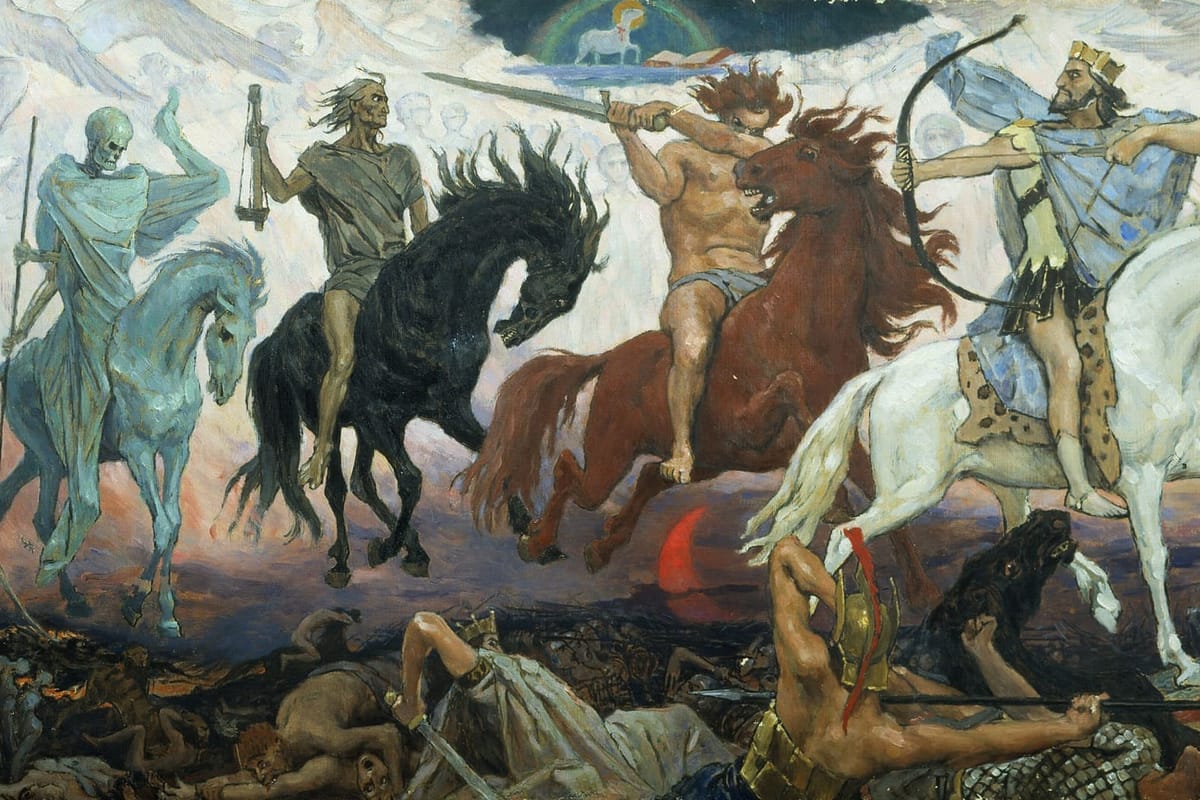1066 and the Feudal System
The Anglo-Saxon era came to an end with the Norman Conquest in 1066.

Key words
- Profound: felt or experienced very strongly or in an extreme way
His mother's death had a very profound effect on him.
- Feudal: relating to the social system of western Europe in the Middle Ages where peasants received land to live and work on from the nobility, and in return had to work and fight for them
The transition from feudalism to capitalism lasted many centuries.
- Hereditary: passing from a parent to a child
It is a hereditary title, so Mark Howard will become Sir Mark Howard on his father's death.
- Apocalypse: the total destruction and end of the world
The word "apocalypse" is often used to refer to a catastrophic event, but its original meaning is quite different.
- Subsequent: happening after something else
The book discusses his illness and subsequent resignation from politics..
Read the article to find the answers
- What language did the Normans speak?
- What did it merge with and become?
- What kind of system did they set up?
- Why did this system disappear?
Norman Conquest
The Anglo-Saxon era ended with the Norman Conquest in 1066, when William the Conqueror defeated King Harold II at the Battle of Hastings. Norman rule in England brought profound changes in government, language, culture, and social structures.
The new rulers used Norman French instead of the native language known as Old English, the Germanic language spoken by the Anglo-Saxons in England. Over time, however, Old English and Norman French began to merge, resulting in the development of Middle English.
The Normans built many castles, including the Tower of London. They also conducted the Domesday Book survey to record land ownership, redistributed land among their loyal supporters, and established a new feudal system.
The Plantagenets
After the Norman Conquest, the Plantagenets played a pivotal role in shaping the political landscape of England. The Plantagenets reigned from 1154 to 1485 and produced 14 kings. This period saw the signing of the Magna Carta in 1215, the growth of Parliament, and the emergence of English common law.
The surname Plantagenet was not a hereditary surname, but seems to have originated as a nickname. The Plantagenets in England remained without a surname for more than 250 years, even though the use of surnames outside the royal family began to become common during this time.
The Black Death
The Black Death struck England around 1350, resulting in a staggering loss of life. It's estimated that about a third of the population died.
Many believed it was the Apocalypse, and the plague was seen as divine punishment for the sinful behavior of the corrupt Church. Figures like John Wycliffe, who criticized the corruption of the Church, began what would later become the Reformation.
Labor shortages and subsequent wage increases undermined the traditional feudal system, where peasants were tied to the land and under the control of the nobility. This contributed to the gradual decline of feudalism introduced in 1066, and the emergence of a labour market with higher wages and greater freedom for workers.
Discussion questions
- Do you have any questions about any of the vocabulary or grammar in this article?
- What do you know about the history of English surnames?
- How did your native language develop throughout history?
- Did your country ever have something like a feudal system and a reformation?

Book a Lesson
Improve your English language communication skills by practicing with a qualified and experienced native speaker.





